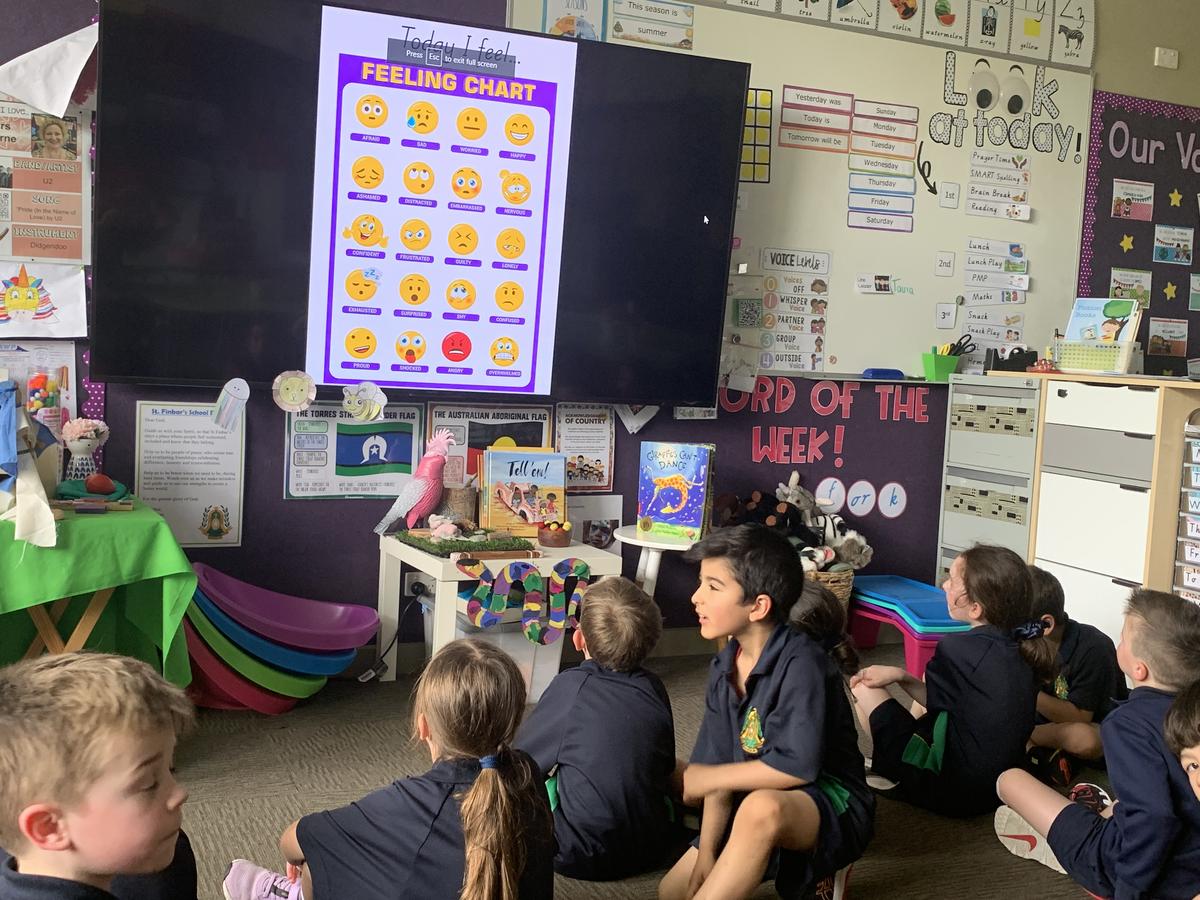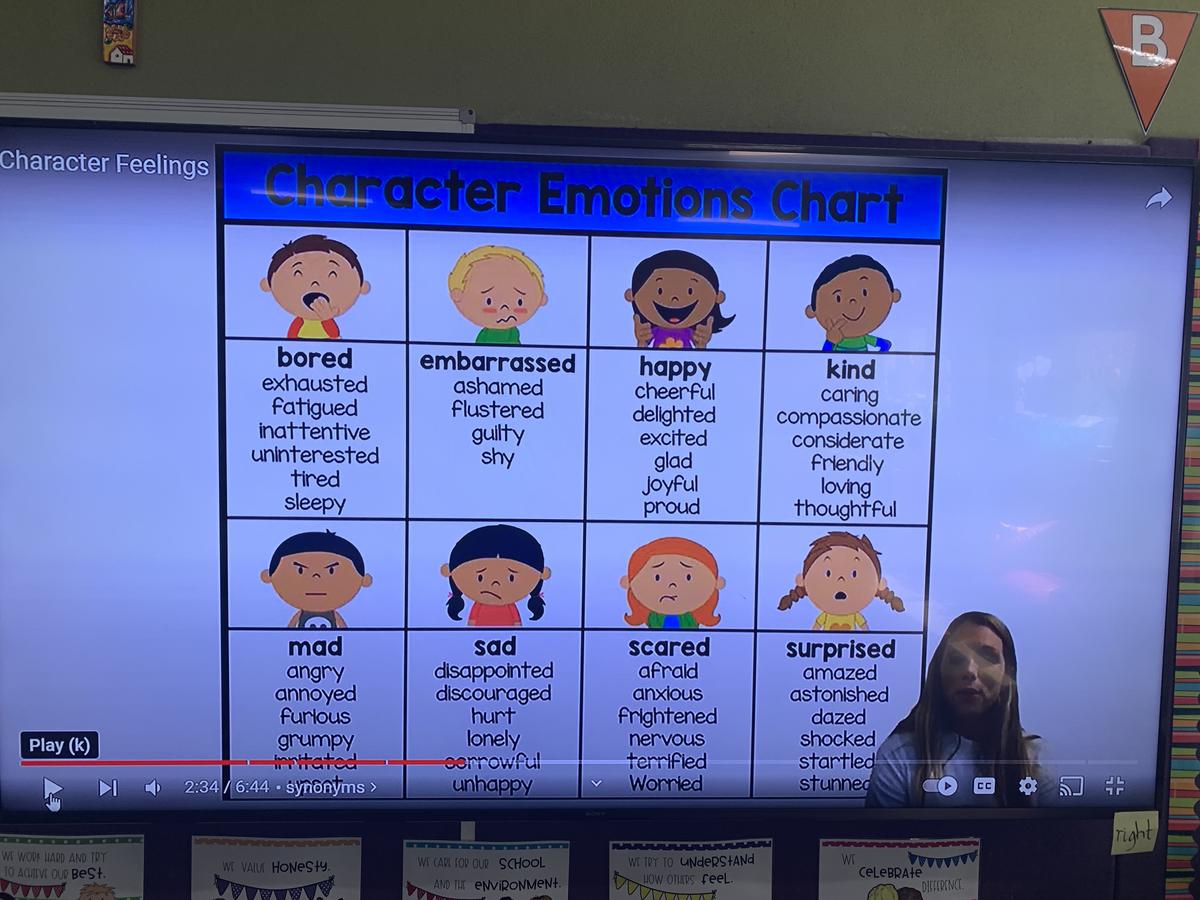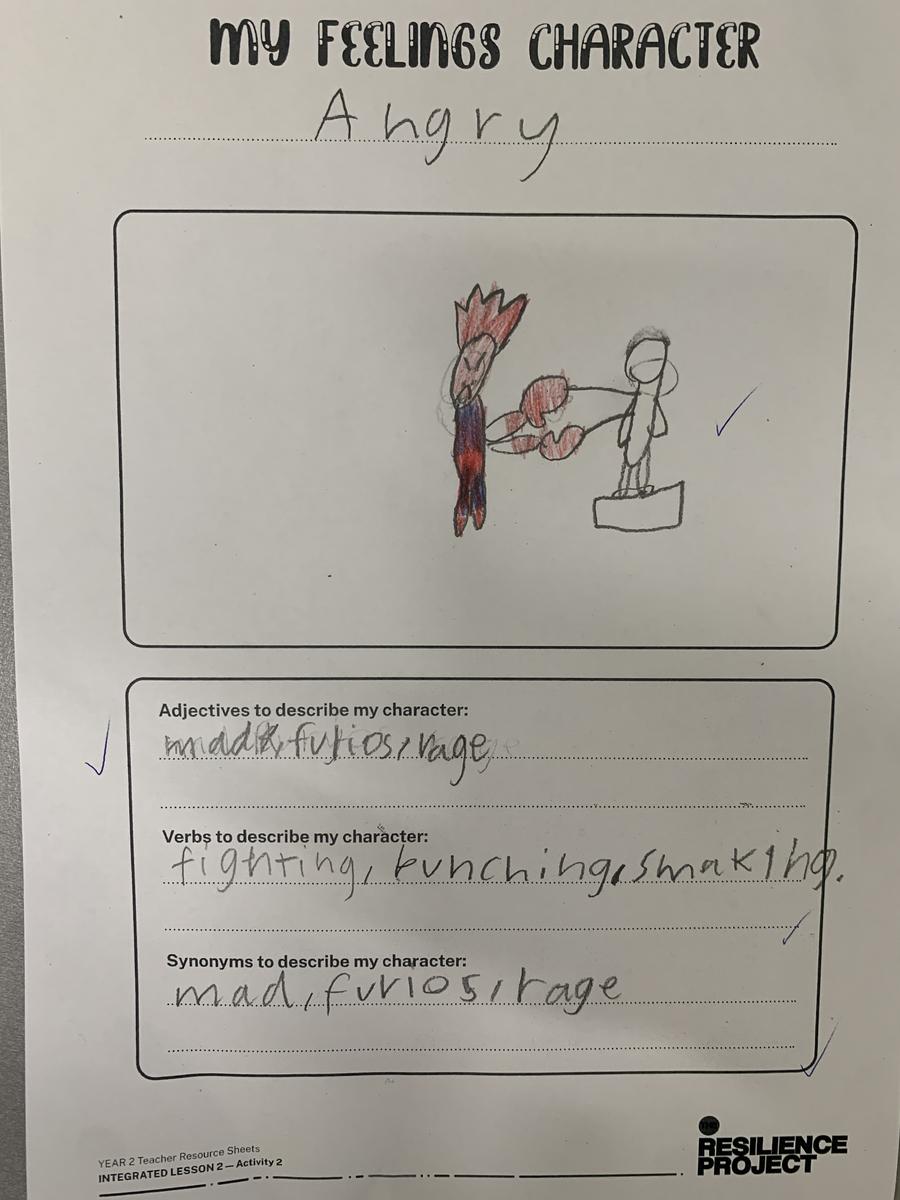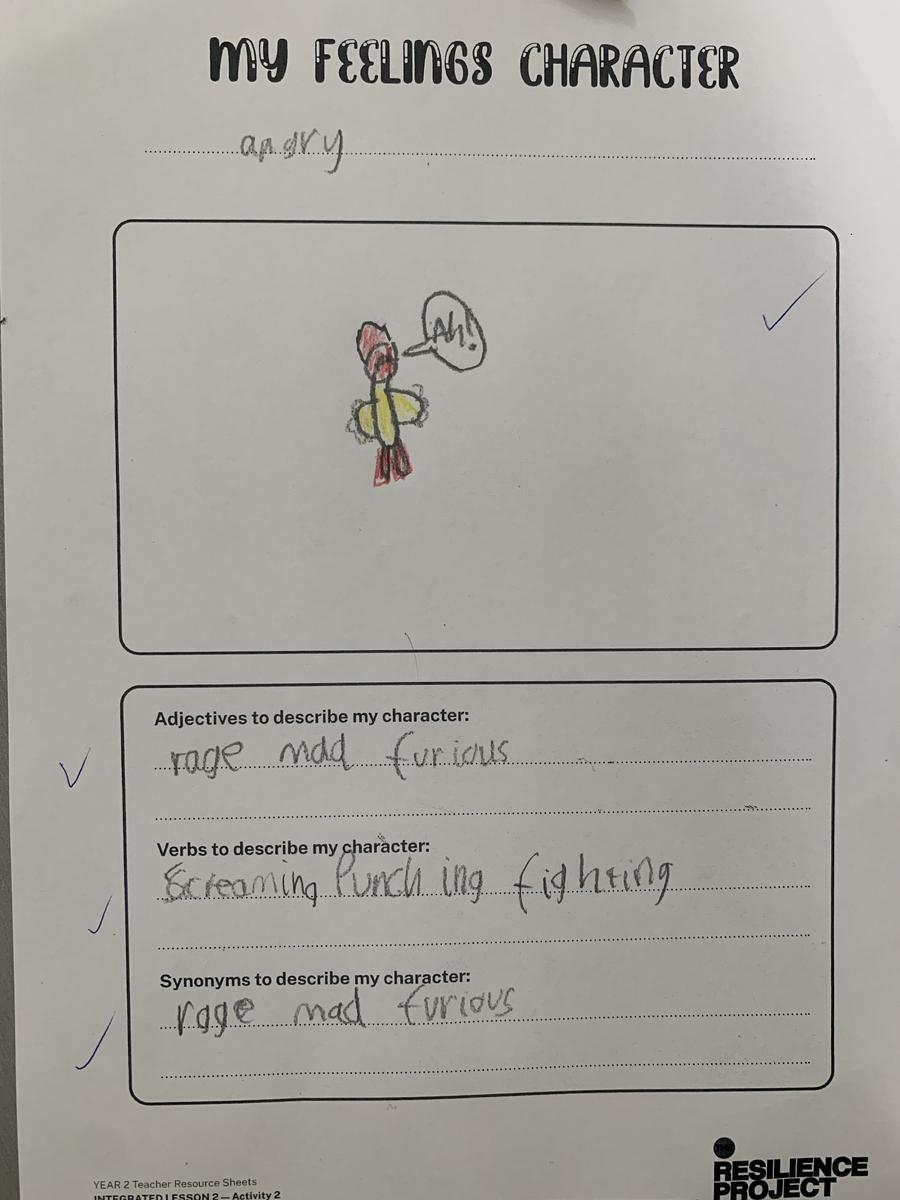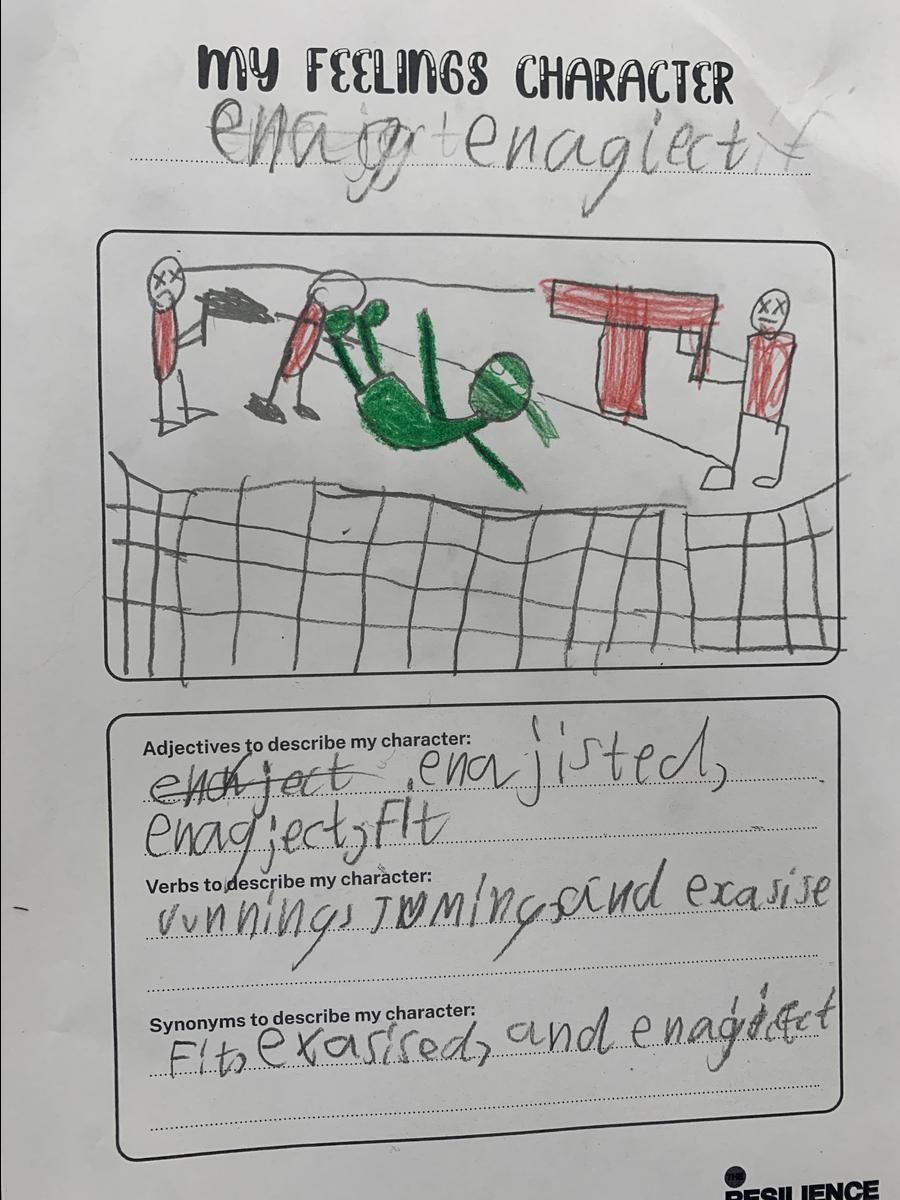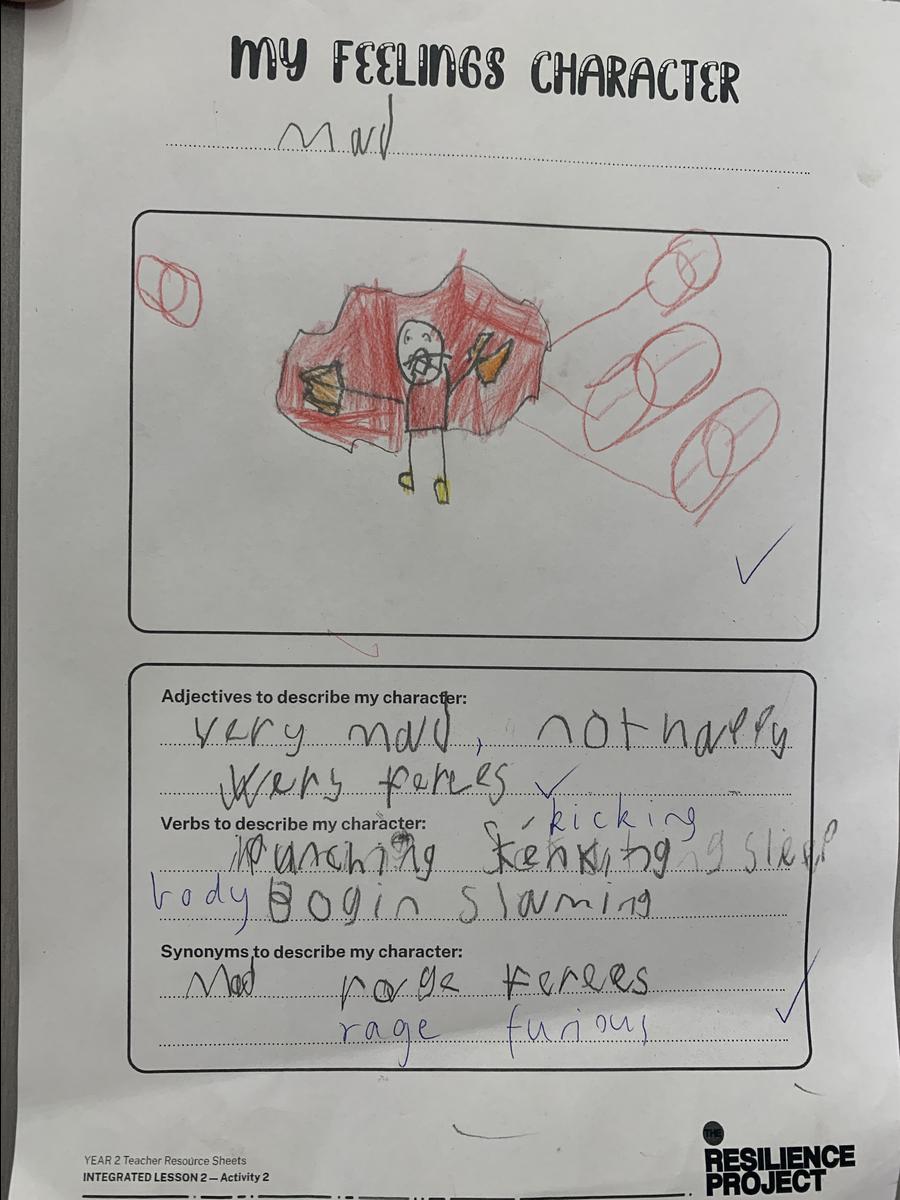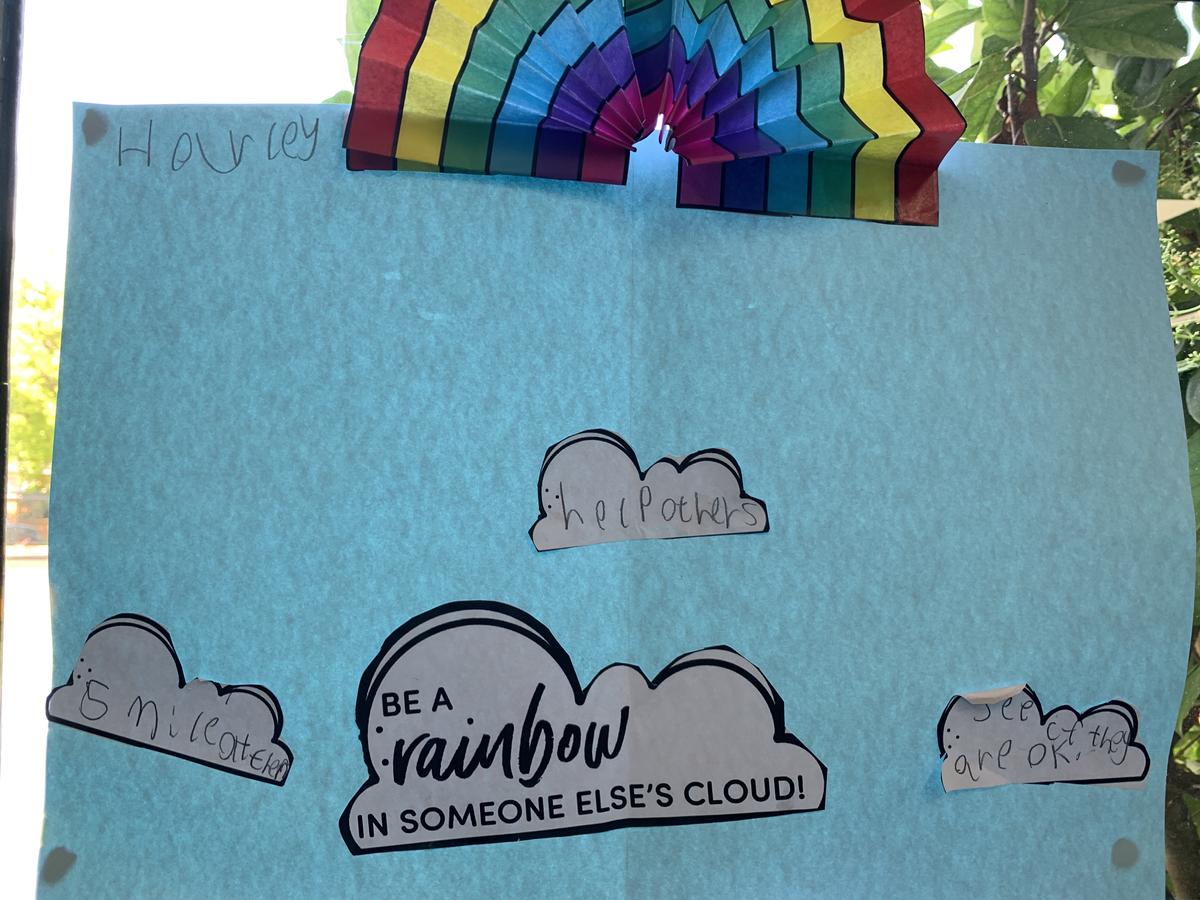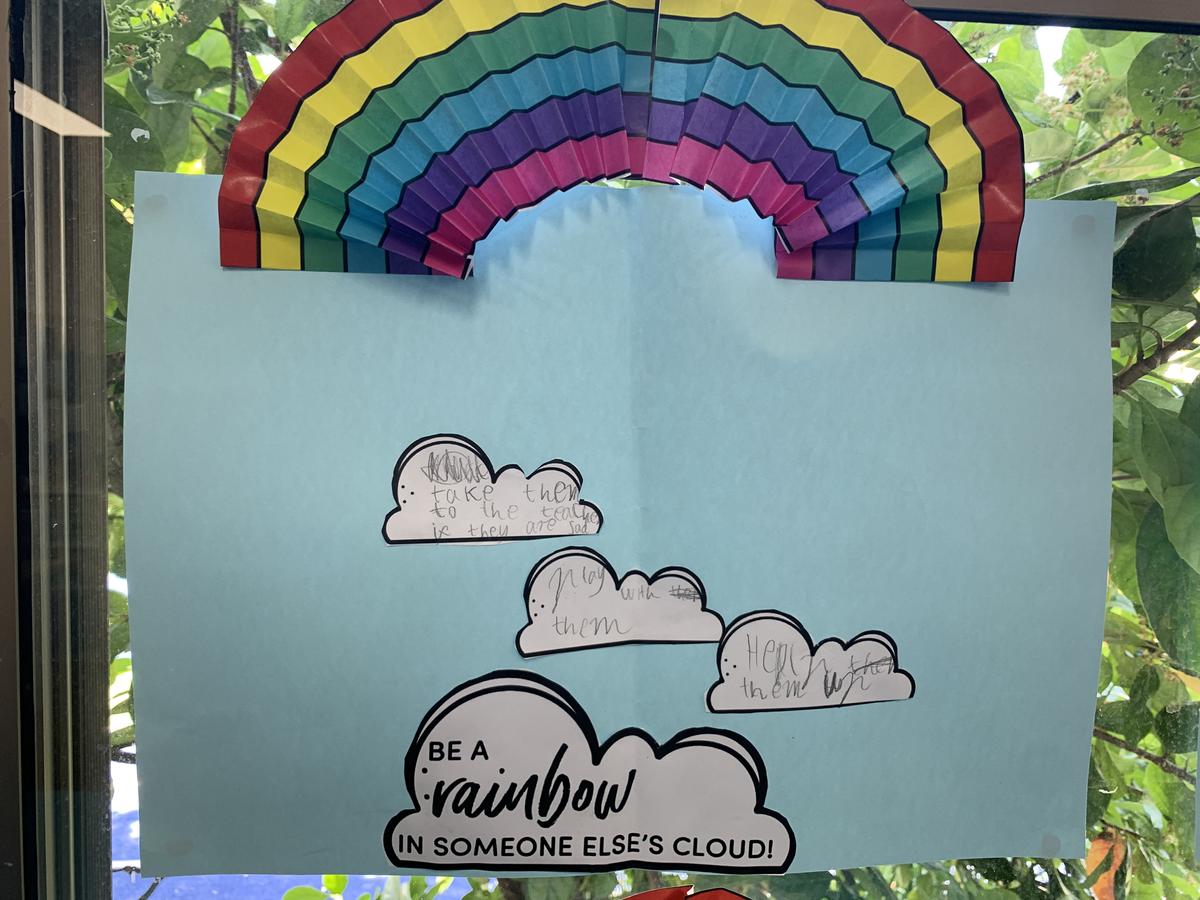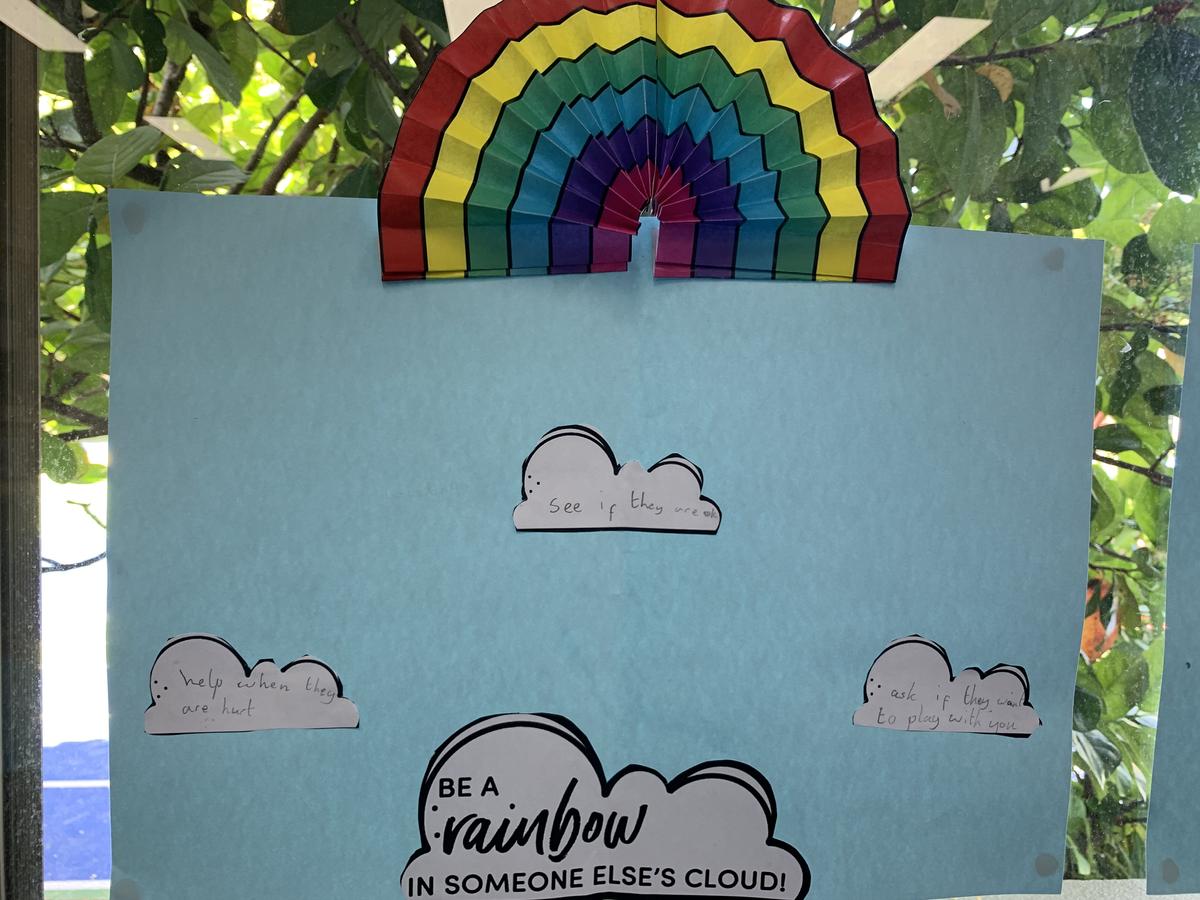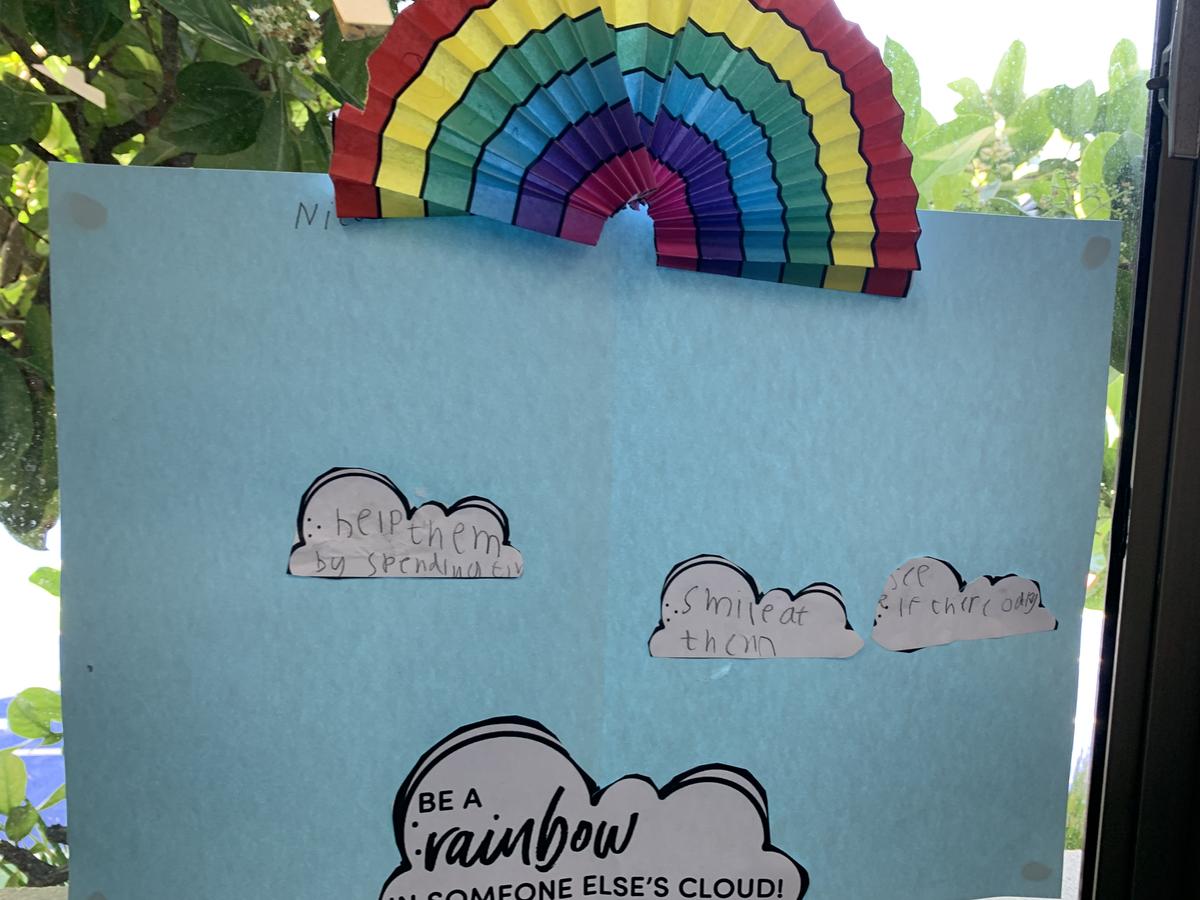Deputy Principal's Report

The Resilience Project - Emotional Literacy
A key component of the Resilience Project is developing an understanding of emotional literacy. Emotional literacy is a key skill that helps us manage our emotions. It is the ability to express our emotions and feelings using speech and other forms of communication, and is an important skill that children must develop from a young age to help establish a stable relationship with their own emotions.
Emotional literacy is a key aspect of emotional intelligence, which means our overall ability to deal with emotions. Emotional literacy focuses on how we communicate our feelings and how well we can read others' emotions. Whilst some children will naturally be comfortable doing this, others might need more encouragement and support. Without emotional literacy, children will struggle to express their feelings appropriately and might be confused or alarmed by the emotions of others.
The term emotional literacy was coined by Claude Steiner in 1997. Steiner believed that emotional literacy was key in helping humans, especially children, handle their own emotions in an empowering way that would also improve their quality of life. Steiner also broke emotional literacy down into five distinct parts:
- knowing your feelings
- having a sense of empathy
- learning to manage our emotions
- repairing emotional problems
- putting it all together, also known as emotional interactivity
This week's SEL sessions in Prep and Year 2 focused on developing the students' emotional literacy. The Prep students identified and discussed an emotion that resonated with them from a list of emojis. The Year 2 students were invited to create their own Feelings character that required them to identify some adjectives, verbs and synonyms that could be used to describe a particular emotion.
The Year 1 students were discussing empathy this week and as a class they brainstormed ways that they can "Be the rainbow in someone else's cloud", or in other words, cheer up our friends. These are currently displayed in 1N and are a cheery reminder of how we can show empathy and kindness towards others. Some of the actions included:
- check in with someone to see if they're okay
- smile at them
- ask someone if they'd like to play
- cheer them up if they're feeling sad
Michelle Hill & Steele Anderson
Deputy Principals

